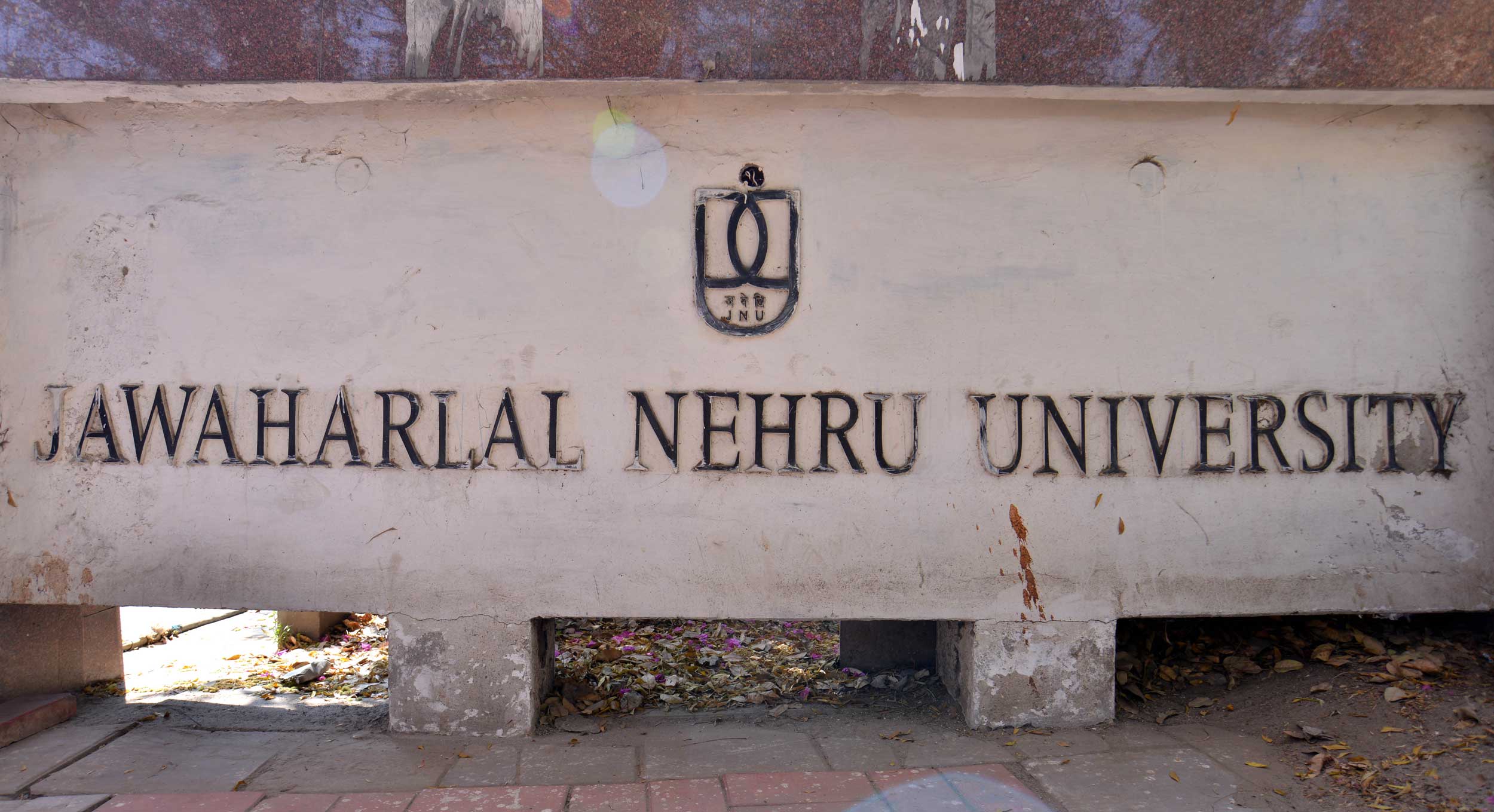The 19 universities recommended for Institutions of Eminence status by a government-appointed committee on Friday had not been selected by the same panel six months ago and they had not made fresh submissions in the intervening period, two officials said.
The Empowered Expert Committee has not revealed what prompted it to include the 19 in its second list when it had not selected them for the first list.
Also, the committee has made the recommendations within six months of submitting the first list to the University Grants Commission although it had said the “selection exercise should be repeated 2 years from now in respect of institutions that had applied but were not selected”.
Three of the 19 institutions had been found to have violated government norms in the past few years. The criteria for the eminence tag say that at the time of application for the eminence status, a contender should be found complying with all the UGC regulations.
Some academics pointed out that Jawaharlal Nehru University (JNU) had not been recommended by the committee although it has been placed in the second spot in rankings prepared by the Union human resource development ministry this year.
The committee, which is headed by former chief election commissioner and retired Gujarat-cadre IAS officer N. Gopalaswami, had said while making the first batch of recommendations in May-June: “EEC recommends that the IoE selection exercise should be repeated 2 years from now in respect of institutions that had applied but were not selected, thus giving them time to show significant progress in the ensuing period and put up their claim for recognition as IoEs. This in our view will keep alive the spirit of competition and motivate them to bring out their best.”
Two officials in the know said on condition of anonymity that none of the 19 institutions had made fresh representations.
The selected government institutions can get grants up to Rs 1,000 crore provided they meet certain conditions. Although the private institutions will not receive government funds, they will have the freedom to decide their fee structure and courses. In all 20 institutions, 10 public and 10 private, will be selected for the eminence tag.
The committee, which also has as members Professor Tarun Khanna from Harvard Business School, University of Houston System chancellor Renu Khator and former IIM Lucknow director Pritam Singh, had studied the applications of 113 institutions for the eminence tag and forwarded the names of 11 to the UGC. The HRD ministry, which takes the final call, had granted the status to five of them and awarded a letter of intent to a sixth.
Some academics expressed surprise that JNU had not made the cut in the Empowered Expert Committee’s second list as well.
“I am really surprised that JNU has not found place in the list. JNU has got the highest rank from the National Assessment and Accreditation Council (Naac). It is ranked Number 2 in the National Institutional Ranking Framework of the HRD ministry. I do not know what criteria the committee took into consideration other than those used by the Naac and the NIRF,” former JNU vice-chancellor S.K. Sopory told The Telegraph.
Andhra University, which is ranked 22 on the NIRF list, is among the 19 institutions recommended by the committee.
JNU registrar Pramod Kumar, however, said he was not surprised by the university’s omission.
“If I take an exam and fail, what should I complain about? We made a presentation to the committee and they did not recommend our name. I am not surprised,” Kumar said.
JNU, which is seen as a Left citadel, has been in the news over the past two years over a host of issues, including the arrests of students for shouting anti-national” slogans on the campus in 2016.
The first report of the committee submitted to the UGC in June had said it had “carefully studied the proposals, verified the given information against national and international databases and other relevant data on their various achievements”.
“The goal was singular: to assess the potential of an institution to be globally ranked among the top 500 in 10 years and eventually among the top 100,” the report had said.
After the first report, the committee had been instructed by the UGC to suggest more names, the two officials said.
The committee met on August 6 and September 17 and 26 to discuss the names of more institutions to be recommended and also to examine the progress made by those selected for the eminence status.
At the August 6 meeting, the minutes of which are in the possession of The Telegraph, a member of committee had suggested the dilution of certain criteria for private institutions.
“Prof Pritam Singh, member of the committee, has suggested the goal period of ten years for private institutions can be extended up to 25 years and for public institutions it would remain the same i.e. ten years,” said the minutes of the meeting says.
It could not be ascertained if Singh’s suggestion was accepted.
Secretary in the higher education department, R. Subrahmanyam, told this paper that the empowered committee should be contacted for questions related to the second-phase selections.
Committee chairperson Gopalaswami refused comment on the criteria considered for the second list. “Our report has all the criteria. It has been submitted to the UGC,” he said.
Gopalaswami did not wish to speak on why some well-known institutions had not found place in the list. “The report has not been made public. These are a part of the report,” he said.
The second list has been made public before the UGC commission meets on Monday to deliberate on the recommendations. The first list had been made public only after the UGC had considered it.
“We have discussed with the UGC. The UGC has agreed to release the names,” Gopalaswami said.
Gopalaswami said the HRD ministry and the UGC would see if there had been any major violation by any of the recommended institutes.











